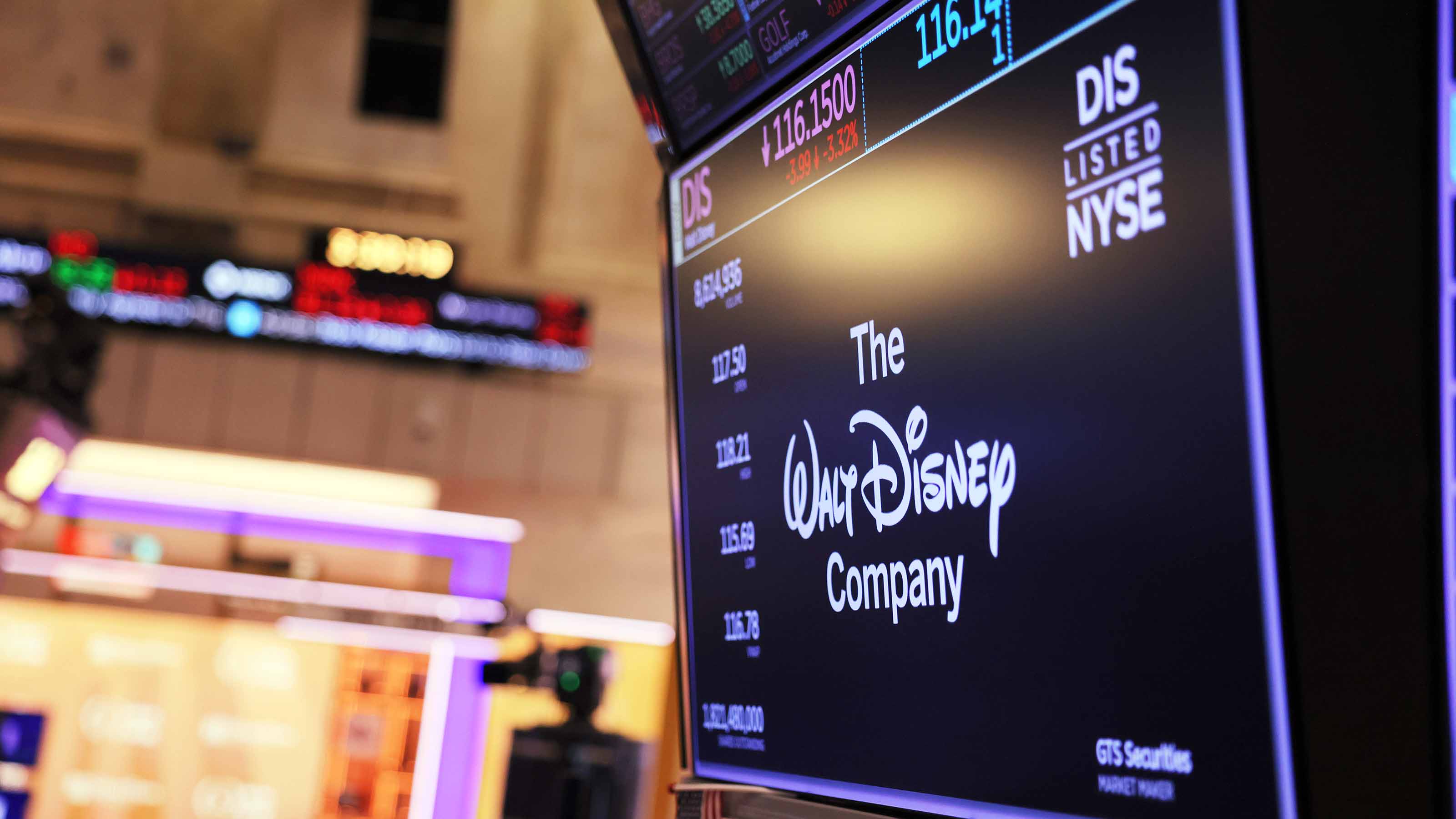
Stocks spent most of Thursday lower as investors took in a heavy dose of economic and earnings reports.
While the latest inflation data showed producer prices rose at their slowest pace in two years, higher-than-expected weekly jobless claims stoked concerns of a slowing economy. A shocking subscriber admission from Walt Disney (DIS) weighed on investor sentiment, too, as did dismal deposit data from embattled lender PacWest (PACW).
Starting with that inflation data. The Bureau of Labor Statistics said that the producer price index (PPI) rose 0.2% month-over-month in April, and 2.3% year-over-year – the slowest annual increase since January 2021. Core PPI, which excludes volatile food, energy and trade services, was up 3.4% over the past year, its lowest pace in two years.
Meanwhile, the Labor Department said initial jobless claims were up 22,000 last week to 264,000, the highest level since late October. Additionally, the four-week moving average for weekly jobless claims rose to its loftiest point since Nov. 20, 2021.
Disney earnings
On the earnings front, entertainment and media giant Disney reported a top-line beat in its fiscal second quarter, as well as a lower-than-expected operating loss in its direct-to-consumer division, which includes its streaming service Disney+. However, it also disclosed a 2% decline in memberships and projected another massive operating loss in its streaming business for the current quarter.
"Consumers in key markets are having to make difficult choices about where to spend dwindling incomes and concerns about what else could lie ahead prompted shares to slide," says Susannah Streeter, head of money and markets at Hargreaves Lansdown.
But while Disney stock tumbled 8.7% today, analysts say it's still a buy. Bulls specifically point to the blue chip stock's attractive valuation and news that Disney plans to raise prices for its Disney+ streaming service.
PacWest deposits tumble
DIS wasn't the only stock selling off today. Shares of PacWest plunged 22.7% after the regional lender said deposit outflows slumped 9.5% last week. The bulk of those outflows came after news reports indicated the company was exploring strategic options, PACW said in a regulatory filing.
"Markets are rotating from watching the Fed and inflation to focusing on the impact of previous rate hikes amidst continued quantitative tightening," says José Torres, senior economist at Interactive Brokers. "Today's news of regional bank stress and rising layoffs illustrates the painful results of the Fed's inflation quarrel." Increased economic turbulence will likely result in a recession in the second half of this year, Torres adds.
At the close, the Dow Jones Industrial Average was down 0.7% at 33,309, while the S&P 500 was off 0.2% at 4,130. The Nasdaq Composite managed to gain 0.2% to end at 12,328.
The best AI ETFs
We often talk about new technologies that have the potential to create lucrative long-term returns for investors. Take artificial intelligence (AI). True, many of Wall Street's top AI stocks sold off sharply in 2022 as interest rates spiked. But the market for the industry is expected to grow by leaps and bounds through the end of this decade, thanks in part to the rise in popularity of ChatGPT.
Grand View Research, for instance, estimates the AI industry will grow by 37.3% annually from 2023 to 2030 to reach a market size of $1.8 trillion – and this will certainly have a positive impact on companies involved in artificial intelligence.
Market participants wary of putting all their eggs in one basket given the recent volatility in these growth stocks might want to consider exchange-traded funds, which spread the risk out. Indeed, the best AI ETFs give investors well-rounded exposure to this evolving technology.







